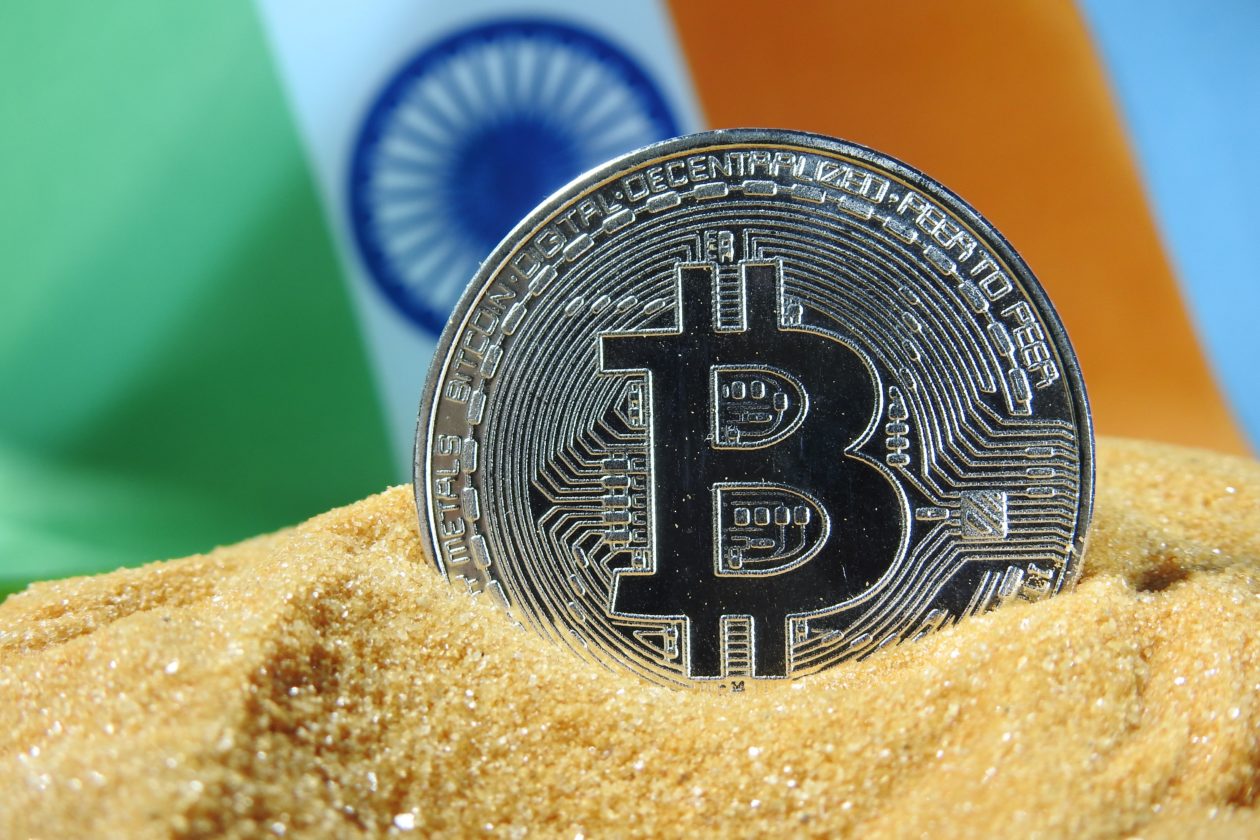India, which has long been skeptical about cryptocurrencies, has yet to decide between outright banning them or regulating the trading of virtual currencies.
The cloud of regulatory uncertainty may finally be about to lift. Finance Ministry officials told Business Today that India’s crypto regulation may be announced during the next budget discussion in February 2022.
India’s crypto community has been kept in suspense as the government took its time to decide whether to allow or forbid cryptocurrencies. The threat of a complete ban first emerged in 2019 when an inter-ministerial committee set up in 2017 submitted draft legislation.
The committee recommended that cryptocurrencies be prohibited in the country and also proposed jail-time for violations. The Reserve Bank of India, the country’s central bank, already had people on edge as it imposed a de-facto ban on cryptocurrencies in 2018.
However, a ray of hope emerged when the Supreme Court struck down the RBI circular in early 2020. But the lack of regulation still had investors worried, and rumors of a ban persisted.
Another inter-ministerial committee was set up earlier this year whose recommendations echoed those of the previous committee. But finance minister Nirmala Sitharaman occasionally reiterated that the government will not completely shut out crypto.
In August, Sitharaman said a crypto bill is ready and it is awaiting a nod from the union cabinet before it can be tabled for discussion in the parliament.
According to the latest update, the government is looking to classify crypto as a commodity in the asset class and has also set up a panel to study how crypto income can be taxed. These developments indicate the government is looking to regulate the sector instead of quashing it, and industry experts remain optimistic.
However, no draft of the crypto bill has yet been made public. It was expected the bill would be up for discussion in the winter session of parliament if the cabinet approval came through by November. But it has now been pushed to February.
In the meantime, India’s cryptocurrency adoption is soaring. India ranked second in Chainalysis’ Global Crypto Adoption Index for 2021. The country currently has 15 million retail crypto investors — although that is a small portion of the population, it is close to the number of income taxpayers in the country.
Crypto adoption has also been thriving at the grassroots level in the country with people, especially women, from small towns and cities increasingly exploring cryptocurrencies. India’s crypto market size has increased 39% from US$53.1 million in FY2020 to US$74.2 million in FY2021, according to a recent research report. The research also expects the market to grow over 200% to reach US$241 million by 2030.
But the increasing adoption of crypto has come with its own challenges amid a regulatory void. Banks have been pulling away from crypto businesses, reportedly amid informal pressure from the RBI to do so. The RBI has been consistent in its stance that all cryptocurrencies should be banned.
In place of cryptocurrencies, the RBI is exploring a state-backed central bank digital currency (CBDC). In August, RBI governor Shaktikanta Das said India may be able to launch its first CBDC trial project by December. The central bank is currently working on a phased CBDC implementation strategy and is being “extremely careful” about the project, Das said. This has, however, failed to dampen the country’s crypto appetite as investors find ways to work around the restrictions with peer-to-peer trades. And as more and more Indians delve into the crypto world, they find themselves facing life-changing opportunities, especially teenagers.

